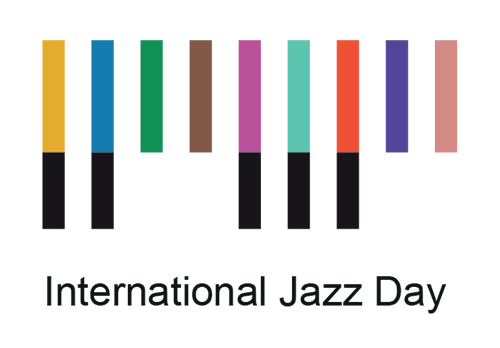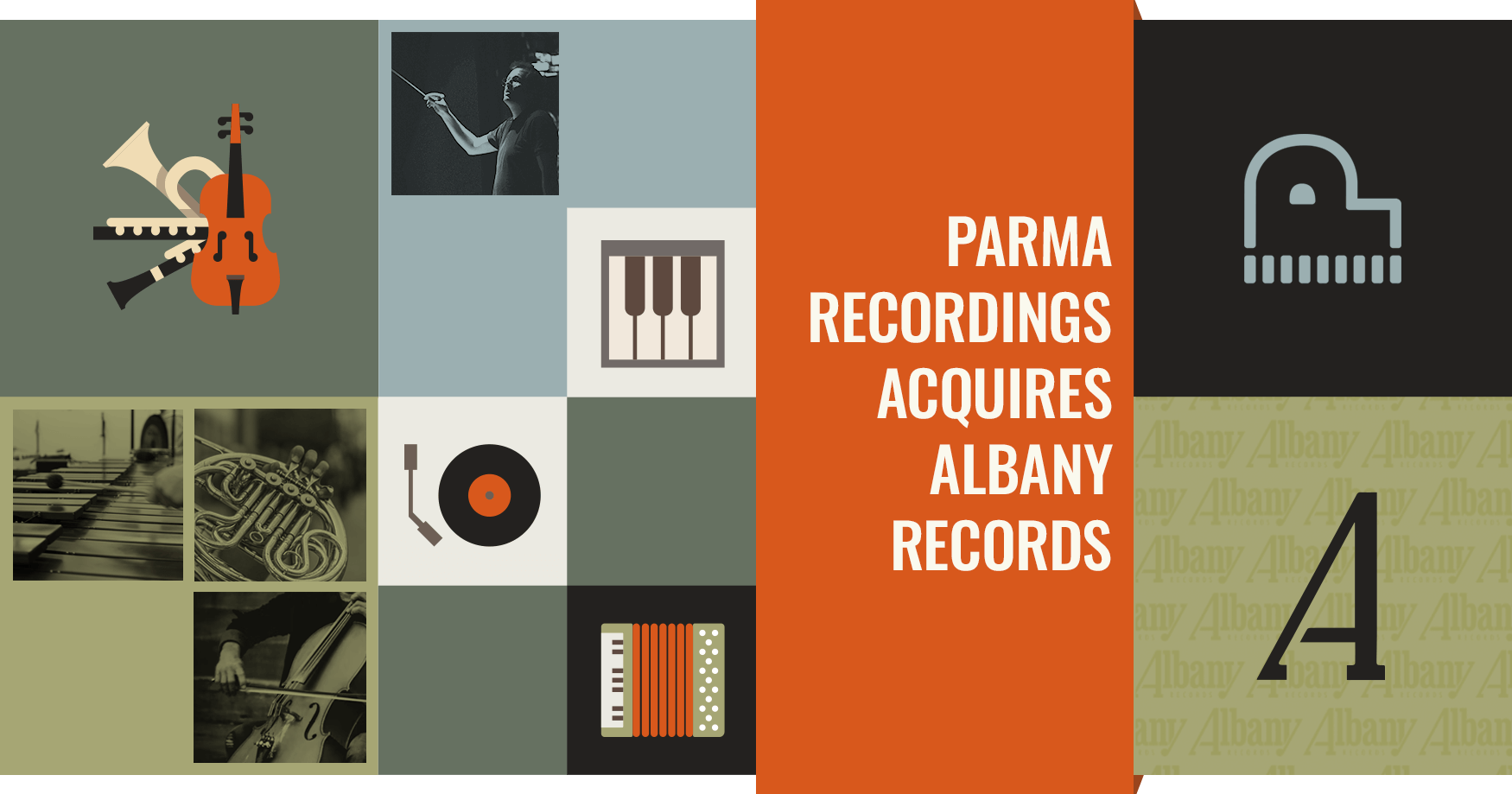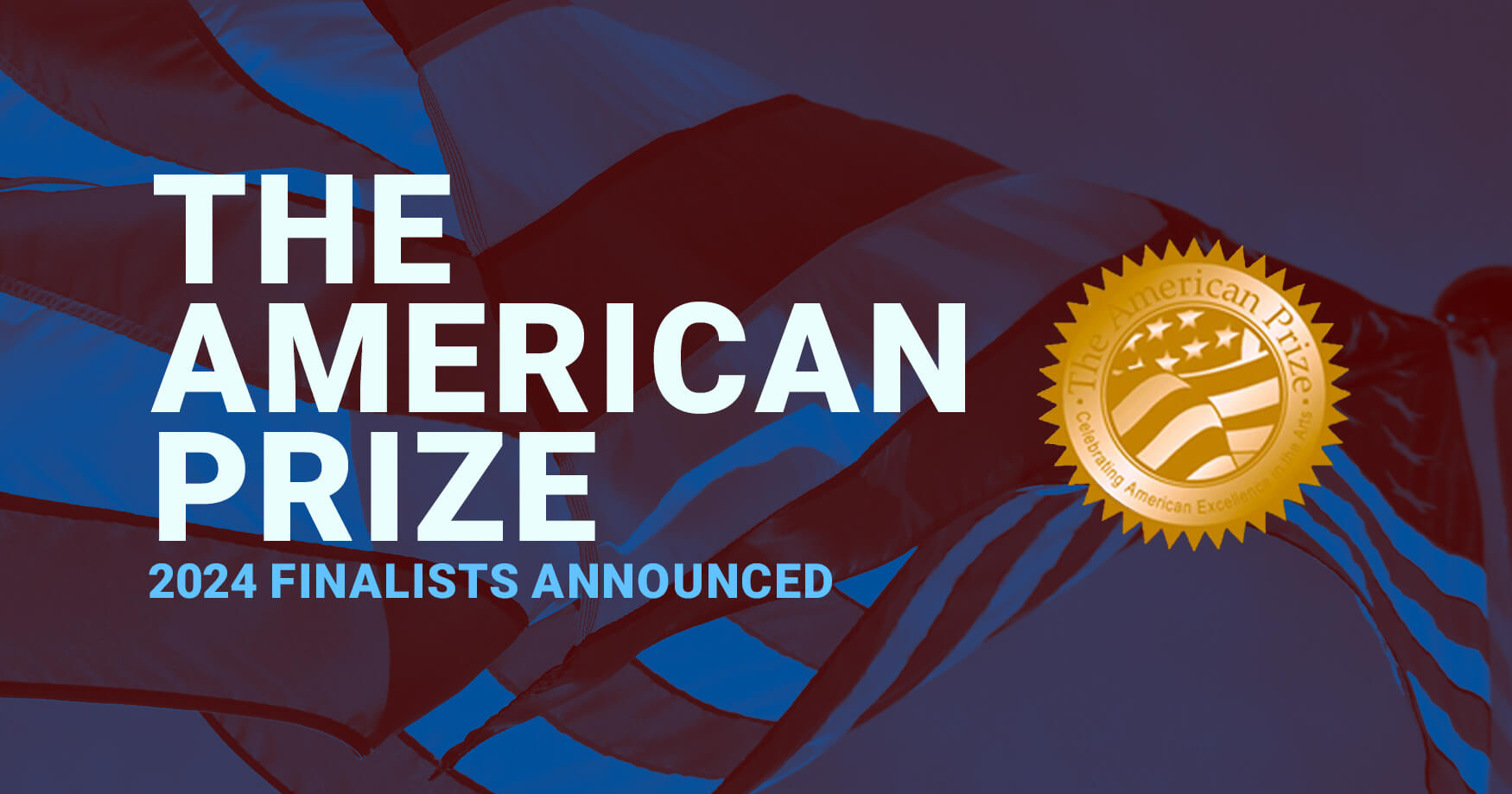When you listen to jazz, you’re participating in a cross-cultural dialogue that extends across the globe and through decades of interaction, conflict, and connection. Don’t listen to jazz? Good news. International Jazz Day is April 30th — the perfect time to start.
On April 30th, communities around the world will gather to celebrate the monumental impact that jazz has had on both musicians and listeners, and the difference it continues to make today. Jazz icon and chair of International Jazz Day, Herbie Hancock, sums it up perfectly: “Jazz is really about the human experience. It’s about the ability of human beings to take the worst of circumstances and struggles and turn it into something creative and constructive. That’s something that’s built into the fiber of every human being. And I think that’s why people can respond to it. They feel the freedom in it. And the attributes of jazz are also admirable. It’s about dialogue. It’s about sharing. And teamwork. It’s in the moment, and it’s nonjudgmental.”
Throughout history, jazz has signified struggle between freedom and constraint. In early twentieth-century America, jazz greats from Duke Ellington to Ella Fitzgerald demonstrated the harmonic and rhythmic fluidity of jazz that was free from the bounds of classical conventions. Beyond this, their piano riffs and remarkable scat singing reflected the roots of their artistic freedom, which paradoxically exist in the musical traditions of an enslaved and oppressed people. Jazz was the means through which African American artists established both a musical and a cultural identity in the midst of strained and often violent cross-cultural interactions.
Is jazz still needed today? Just turn on the news, and find your answer. Cross-cultural dialogue presents an ever-existent challenge in our world, and jazz music continues to mediate communication and connection. Take, for instance, the recent changes in Cuban-US relations resulting from the lift on the nearly sixty-year-long embargo. With the reopening of communication between these two nations comes a rediscovering of who the other is. Sharing music traditions, such as in PARMA’s collaborations with Cuban and American composers on albums like ABRAZO and CHÉVERE, represents an aural handshake between two nations striving to rebuild a cohesive bond.
Mutual understanding and cohesion between all cultures may seem like an impossible goal. Nonetheless, jazz offers us a step in the right direction, and International Jazz Day gives listeners a chance to celebrate world participation in this unifying genre. We hope you’ll celebrate with us this Monday.



